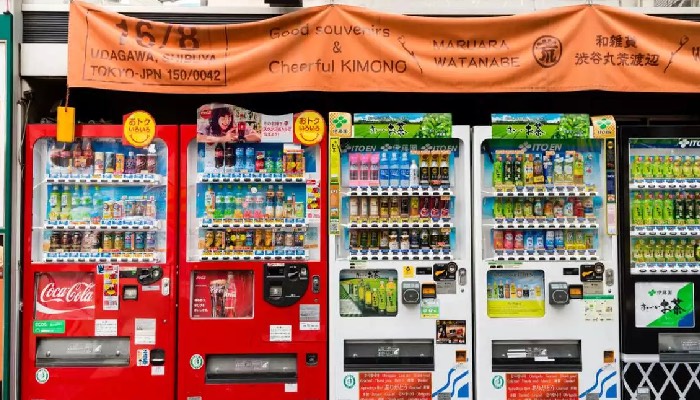
As Japan introduces new banknotes this summer, businesses relying on vending machines face significant challenges.
The vending machines will not accept the new bills, causing frustration for shop owners who must now bear the cost of replacing them.
Japan boasts over 4.1 million vending machines, roughly one for every 23 people in the country.
The continued growth of vending machines is also attributed to the population decline, which leaves many rural areas with fewer part-time staff available for small shops.
What to know about vending machines in Japan?
Vending machines in restaurants:
In many Japanese restaurants, customers place orders and make payments through vending machines.
They receive a paper ticket to pass to the counter staff, improving hygiene as food preparers don't handle money.
Hot & cold drinks:
Japan's climate varies greatly, creating demand for both hot and cold drinks. Vending machines use energy-saving thermo recycling technology to cool and heat drinks in the same machine.
Hot coffee cans are often sold next to cold coffee cans, distinguished by blue and red labels.
Perishable items:
Japan's vending machines also sell perishable items like free-range eggs, lettuce, and fresh fruit. Efficient logistics support this unique market feature.
10KG bags of rice:
With low car ownership rates, especially in cities, many people shop locally. Vending machines on train platforms sell 10KG bags of rice, catering to commuters who use bicycles for transport.
Cigarettes & alcohol:
Cigarette advertising is permitted in Japan, and vending machines often feature popular models.
However, an age verification ID card (Taspo Card) is required to purchase tobacco and alcohol, with some machines previously using facial recognition technology.
Hot meals:
For those living alone and working long hours, vending machines offer fast food-style hot meals available 24/7, though these are usually a last resort due to quality concerns.















